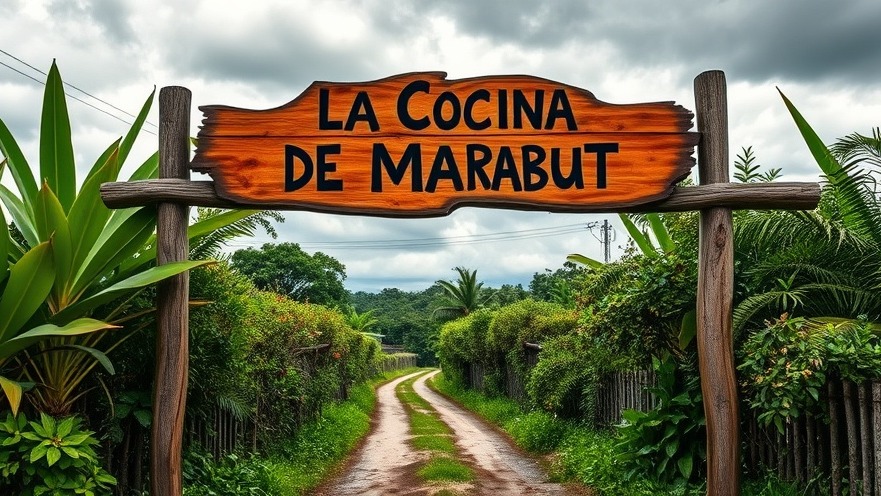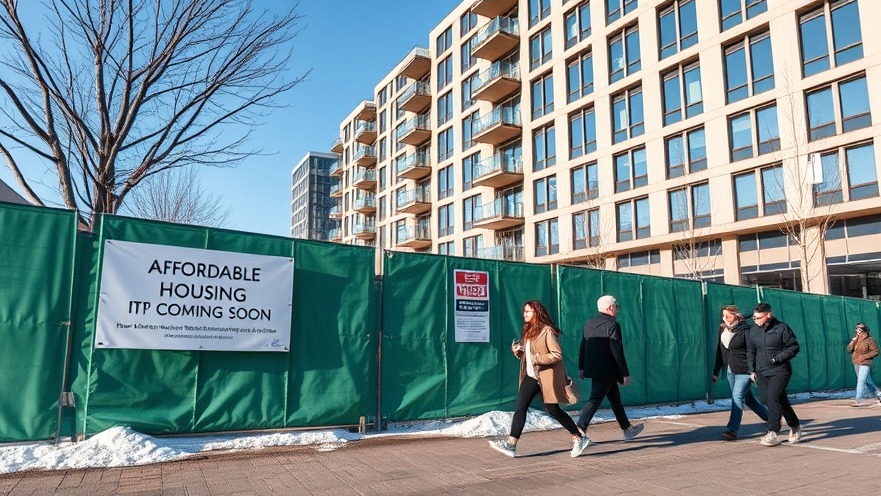
Transforming Fisherfolk into Farmers: A Sustainable Shift in the Philippines
The fishermen of Barangay Osmeña are not just fighting the tides but also the ravages of climate change that are forcing a significant shift in their livelihoods. Increasing ocean temperatures, declining fish populations, and the amplifying wrath of storms have prompted the fisherfolk of this small community on the island of Samar to turn to farming as a sustainable alternative. At the helm of this transformation is Paterno Padua, a former fisherman who has become a beacon of hope.
Padua founded La Cocina De Marabut, a cooperative farm that also serves as a restaurant and agricultural training center, providing a structured learning environment for community members eager to transition away from the unpredictability of fishing. "Before this, life was truly a hand-to-mouth existence," Padua recalls. The traumatic fallout from Super Typhoon Haiyan in 2013, which devastated their community, pushed many to seek a more stable and manageable source of income.
Adapting Farming to New Realities
Transitioning to agriculture is not without its own set of challenges. The fisherfolk needed extensive training to navigate this unfamiliar territory. While the climate crisis has made traditional fishing untenable, farming also presents difficulties, particularly in the face of extreme weather. Padua explains that not all crops thrive due to unpredictable weather patterns: “Sometimes it’s too rainy; sometimes the weather is too hot.” Support from organizations like Food for the Hungry has been invaluable in equipping these farmers with the skills and tools needed to adapt to their new environment.
The Community's Growing Connection to Agriculture
For these fisherfolk, farming has unveiled the tangible rewards of hard work. Unlike fishing, where fortunes are dictated by the whims of nature, the farmers can visually monitor the growth of their crops. This newfound sense of control and capacity is vital for their mental well-being, providing them hope where maritime despair once reigned.
Padua noted, “You can see your plants bearing fruit. That realization brings a different kind of satisfaction.” By growing their own food and producing organic vegetables for the market, the community is not only working towards self-sufficiency but also contributing to local sustainability goals.
Embracing Sustainable Practices
The cooperative has committed to ecological farming methods. This commitment not only preserves the health of their land but also aligns with the values of boutique hospitality professionals interested in sustainability. With the rise of eco-conscious tourism, establishments can enhance their offerings by sourcing from local farms that employ organic practices, like La Cocina De Marabut.
In embracing off-grid solar solutions and eco-friendly logistics like paper wrappers for produce, farmers are reducing reliance on fossil fuels while ensuring their practices are sustainable and beneficial for the environment. As the cooperative grows, these practices may inspire future generations to continue the movement.
A Community Leading the Way
This transition from fishing to farming embodies broader themes of resilience and innovation in the face of climate adversity. As the realities of climate change set in, the adaptive resilience displayed by the fisherfolk of Barangay Osmeña serves as a powerful narrative of transformation. Their story is not just about survival but thriving through community collaboration. By forging a path towards sustainability, they show that viable alternatives to traditional livelihoods do exist.
How You Can Get Involved
For boutique hospitality professionals seeking to make a difference, consider engaging with local sustainability initiatives. Support local farms that prioritize ecological practices, and educate guests about the importance of sustainable food sourcing during their stays. By building relationships with communities like La Cocina De Marabut, not only do you contribute to local economies, but you also promote environmental stewardship that resonates with today’s conscious travelers.
In conclusion, as many communities around the globe grapple with the threat of climate change, the example set by Barangay Osmeña highlights how innovation, determination, and supportive networks can unite to create a brighter, sustainable future.
 Add Row
Add Row  Add
Add 




Write A Comment